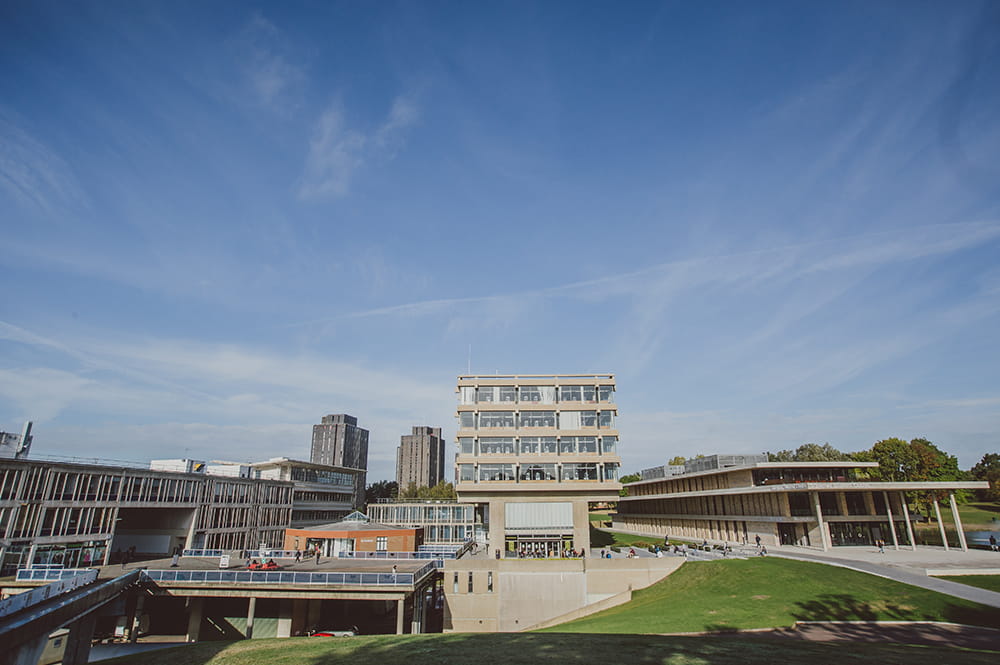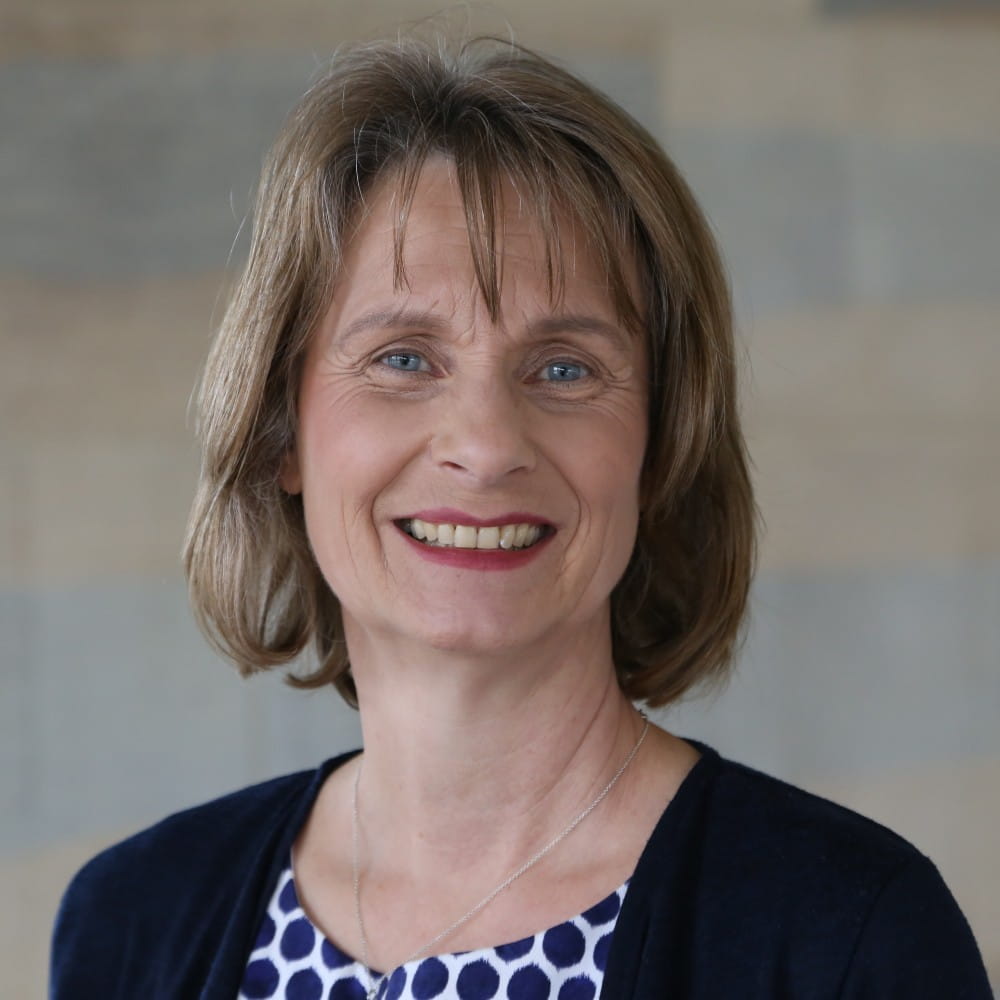Personal reflections on two years as a USG Race Inclusion Champion

Two years ago, I became USG Race Inclusion Champion as part of an initiative to have USG Inclusion Champions for different characteristics. This was a new role, not only to me but also for the University. There was, and to some extent still is, learning about the role and how Inclusion Champions can best contribute to the work of the University. As Race Inclusion Champion my role is not to represent students and staff from Black, Asian and Minority ethnic backgrounds: as a white person I cannot do this. But I hope that by listening and educating myself, I can bring to USG, and to my work as Pro Vice-Chancellor Education (PVC Education), a greater understanding of some of the issues and barriers that exist and need to be tackled and removed. Here I reflect a little on my learning journey over the last two years.
At the point I was appointed as Race Inclusion Champion I was already a member of the Race Equality Charter self-assessment team and had attended a Race Equality workshop led by the Equality Challenge Unit. As part of my work in education, I had attended a workshop on Race as part of the Embedding EDI in the Curriculum Project. So, I thought I was moderately well briefed on matters of race at least within a University context. I soon learned that I had, in fact, little real understanding.
Shortly after I took up the role, I was invited to a student event at which Black students spoke movingly about their lived experiences of racism throughout their lives. For me, this was a very impactful event as I realised how little understanding I had of the everyday experiences of racism. I also took away an important message that white people such as myself must take responsibility for educating ourselves about racism and not rely on those who experience racism to educate us. It led me to read Why I am no longer talking to white people about race and I explored further reading about white privilege and white fragility. As a non-social scientist, I also grappled rather inexpertly with Critical Race Theory. All my reading had a big impact on me.
I also explored issues at the intersection of my two roles as PVC Education and Race Inclusion Champion, such as the gap in the award of good degrees between those of Black, Asian and minority ethnic backgrounds and their white peers (see: Universities acting to close BAME student attainment gap). Over the last two years, in my role, I have launched work to close this gap, both through decolonising our curriculum and through examining our assessment procedures. I am pleased to report that the award gap has shrunk, with Essex being in the top 10 universities nationally for the size of the improvement in this award gap and we shall not rest until the gap has been eliminated completely.
While as an academic, I enjoy exploring literature, I also wanted to hear about the lived experiences of both students and colleagues. The SU Black, Asian and BAME officers all kindly agreed to share their experiences with me about their time at Essex and this led to additional meetings with other students who wanted to bring issues to my attention; I now meet regularly with these SU officers. I also spoke with other Black members of staff; I attended a UCU meeting entitled Let’s talk about race and heard about the concerns of Black and minority ethnic staff; I have also engaged in reverse mentoring – two different members of staff with very different roles and experiences have generously agreed to be my mentor at different points over the last two years so that I can gain further insight into their experiences. Since last summer I have been part of the Tackling Racism Working Group which has been drawing up the University’s Anti-Racism Action Plan. My discussions with Black, Asian and minority ethnic colleagues have helped me see how important it is to grow and diversify our leadership capability here at Essex, resulting in me sponsoring colleagues on both internal Essex and national leadership programmes.
In reflecting on the last two years as Race Inclusion Champion, I feel that I have gained some understanding of the diversity of experiences of our students and colleagues. I aim to bring this greater understanding to my work across the university. I want to thank all the colleagues and students who have helped me in this journey, but to also recognise that my education in this area is far from complete.
